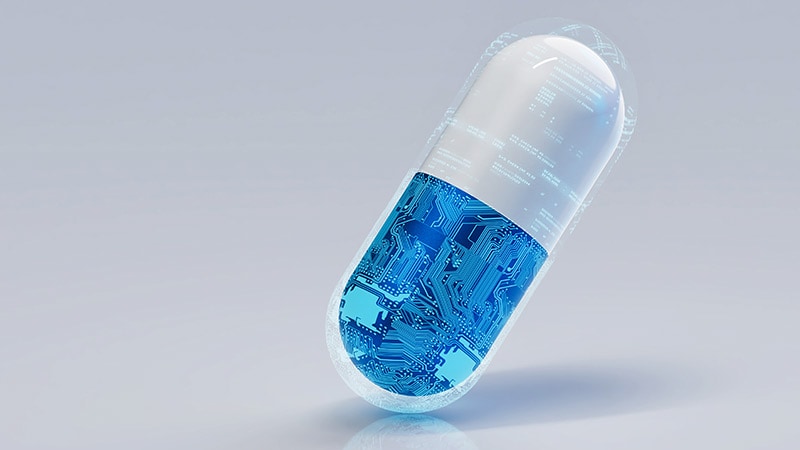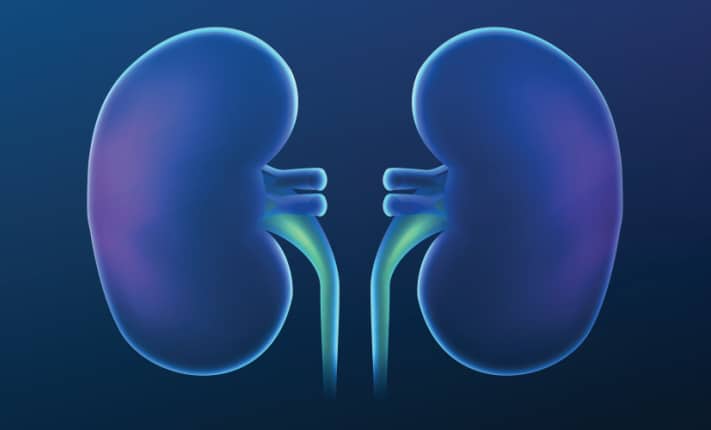Digestive Enzymes: Types, Benefits, Side Effects
:max_bytes(150000):strip_icc()/Health-GettyImages-1393063433-d5d1469393754120ba6a605bdf5c3e2b.jpg)
Digestive enzymes are proteins your gastrointestinal (GI) system makes to help break down food. You can also consume digestive enzymes in the form of supplements. Digestive enzyme supplements might help with symptoms like bloating, excess gas, nausea, and stomach pain in people who cannot digest food completely.
Keep in mind that the Food and Drug Administration does not test supplements for efficacy or safety. Consult a healthcare provider before you start a new supplement. They can tell you what type of digestive enzyme to look for and how much to take. Read on to learn about digestive enzymes and their possible benefits.
PRImageFactory/Getty Images
Digestive enzymes are proteins that play an essential role in digestion. Your GI system makes digestive enzymes to help break down carbs, fats, and proteins in your food. Your pancreas, located behind your stomach and in front of your spine, makes many digestive enzymes.
Some people might benefit from digestive enzyme supplements if their GI system does not make enough of those proteins. There are many digestive enzyme supplements, varying in types and dosages.
For example, people with lactose intolerance do not naturally make enough lactase, a digestive enzyme that helps break down the sugar in dairy products. Lactaid is an oral supplement that helps your body digest dairy products.
Digestive Enzymes vs. Probiotics
Like digestive enzymes, probiotics aid digestion. Probiotics are microbes that live in your gut. Your gut has a balance of “good” and “bad” microbes, and probiotics are the “good” kind that help maintain that balance. Probiotics do not break down food themselves but assist the work of digestive enzymes.
An imbalance of “good” and “bad” microbes in your gut might cause similar symptoms to a lack of digestive enzymes. You might have bloating, excess gas, and stomach cramps.
You can purchase over-the-counter (OTC) digestive enzyme supplements, or a healthcare provider might prescribe them. The type of digestive enzyme will determine how and when you use it.
OTC Supplements
OTC digestive enzymes come in various forms, such as capsules, powders, and tablets. You might need to take digestive enzymes after a meal or with food, depending on which form you use. For example, you might mix powder forms into a smoothie or water.
OTC digestive enzymes are usually based on the ones your body naturally produces, including:
- Amylase: Break down starches and sugars
- Lactase: Helps digest lactose, a sugar in dairy products
- Lipase: Digest fats
- Protease: Break down protein
The dosages of OTC digestive enzyme supplements vary depending on the form and ingredients. Talk with a healthcare provider to figure out how much to take.
Prescription Supplements
Prescription digestive enzymes are available as capsules or tablets. Healthcare providers usually prescribe digestive enzyme supplements as part of pancreatic enzyme replacement therapy (PERT). PERT helps treat cystic fibrosis (CF) and frequent pancreatitis.
A healthcare provider might prescribe 30,000–40,000 IU (international units) to take with meals and 15,000–20,000 IU to take with snacks as part of PERT. You might take half of your total dosage with the first part of your meal and the other half during or after eating.
The primary role of digestive enzyme supplements is to aid digestion. You might benefit from supplements if your GI system does not naturally produce enough digestive enzymes.
Research has identified benefits and possible uses of digestive enzyme supplements, including:
- Breaking down macronutrients: These are carbs, fats, and proteins. In doing so, digestive enzymes help your body absorb nutrients.
- Potentially easing chemotherapy side effects: These might include diarrhea, nausea, and vomiting.
- Helping to alleviate inflammation: Protease is a digestive enzyme that helps break down proteins, including those that cause inflammation and swelling.
- Possibly treating sore muscles: A review published in 2014 found that protease might reduce pain and speed up muscle recovery. The researchers noted that the evidence is inconsistent.
- Reducing GI symptoms: You might find relief from bloating, excess gas, and stomach pain. Some digestive enzyme supplements might manage GI illnesses like chronic pancreatitis—which might lead to a deficiency of pancreatic enzymes—or lactose intolerance.
Anytime you shop for a supplement, it’s a good idea to shop at big-chain retailers, which are more likely to take recalled supplements off their shelves. Ensure your supplement contains the enzyme a healthcare provider thinks might help improve your digestion.
Double-check the ingredients list to ensure it contains nothing you are allergic to. Look for potentially problematic ingredients, such as bitter orange or kava, both of which research has linked to adverse effects.
The Food and Drug Administration does not test supplements for efficacy or safety before they hit the market. Third-party testers, such as the Natural Products Association and USP Quality Supplements, offer up their own seals of approval for supplements. Supplements must contain the exact ingredients on the label and meet quality standards to earn one of those seals. Look for those seals to help ensure that you buy a quality product.
Conditions That Inhibit Body’s Natural Digestive Enzymes
Digestive enzyme supplements might benefit people with exocrine pancreatic insufficiency (EPI). With EPI, your pancreas does not make enough digestive enzymes. As a result, your small intestine cannot digest food properly.
Health conditions that cause EPI include:
- Chronic pancreatitis: This is long-lasting swelling of your pancreas. About 30% to 90% of people with chronic pancreatitis have EPI.
- Cystic fibrosis (CF): As many as 90% of people with CF have EPI. CF causes thick mucus to accumulate in body parts, such as your GI system and lungs.
- Diabetes: People with this chronic illness need help controlling their blood sugar.
- Pancreatic cancer: This starts in cells of the juices your pancreas makes that help break down food.
People with lactose intolerance might use lactase supplements to help them break down the sugar in dairy products. Some evidence suggests that digestive enzyme supplements might also benefit people with celiac disease, an immune reaction to gluten that damages the small intestine.
There’s a lack of research on the safety of digestive enzyme supplements. Still, some evidence suggests that the risk of using them is low. Research has not identified whether certain digestive enzyme supplements, such as lipase, are safe for pregnant and breastfeeding people. It might be helpful to err on the side of caution and not use these supplements unless a healthcare provider directs you to do so.
There also isn’t enough research to determine if digestive enzyme supplements are safe for children. Bile salt-stimulated lipase might be unsafe and worsen GI symptoms in premature infants.
You might take too much of a digestive enzyme supplement if you use more than the label instructs or what a healthcare provider prescribes. Stop taking digestive enzyme supplements if you have an adverse reaction, and seek medical attention right away.
Adverse reaction symptoms might include:
- Difficulty swallowing or shortness of breath
- Fatigue
- Itching
- Low blood pressure
- Mood changes
- Nausea and vomiting
- Severe joint or muscle pain
- Skin rash
- Stomach pain
- Yellowing eyes or skin
Some digestive enzymes might interact with certain drugs, so let a healthcare provider or pharmacist know about any medications you take. For example, bromelain, a digestive enzyme that helps reduce inflammation, might interact with amoxicillin, anticoagulants, and antiplatelet drugs.
Removing foods from your diet that cause digestive distress might be easier than starting a digestive enzyme supplement. Eating certain foods, like those with fiber, might assist digestion.
High-fiber foods include:
- Fruits: Berries, pears, and oranges
- Legumes: Black beans and chickpeas
- Nuts: Almonds and pecans
- Vegetables: Green peas and collard greens
- Whole grains: Oatmeal or quinoa
GI symptoms can be frustrating. Digestive enzyme supplements might be useful depending on your symptoms and underlying health conditions. Consult a healthcare provider before starting a new supplement. They can advise what type of digestive enzyme and how much of it to take.
Consider any dietary causes of your digestive troubles before taking a supplement. You might improve your gut health by adding high-fiber foods to your diet.
link






